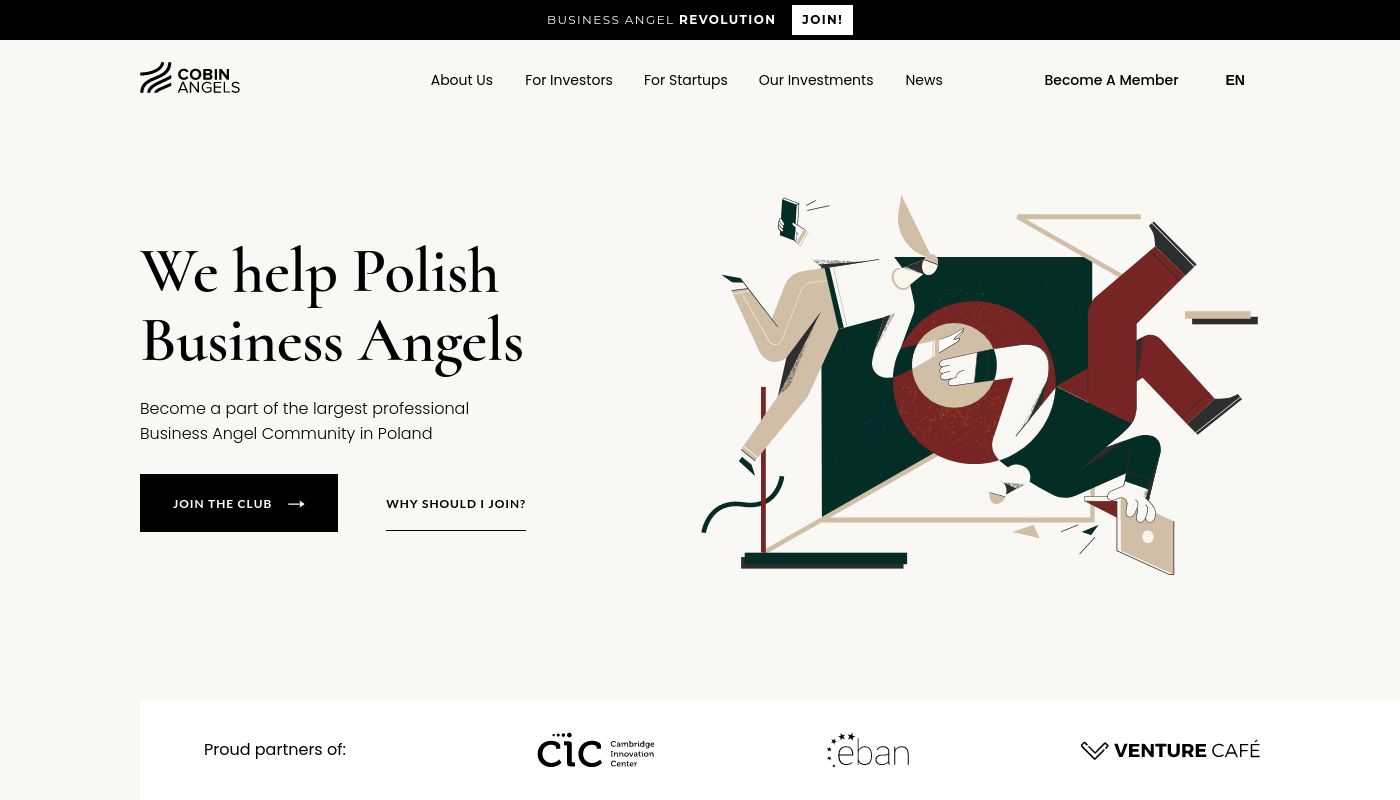
A startup is a company or enterprise whose founders are intent on bringing a single product or service to market. In most cases, these businesses lack a well-defined business strategy and, more importantly, sufficient funding to proceed to the next stage of development. Most of these start-ups are financed by their creators at the outset.
Venture capitalists, family, and friends are common sources of additional cash for startups. Despite its reputation as a hotbed for new technology firms, Silicon Valley is usually regarded as the most difficult place to succeed.
Seed cash can be used by startups to fund their research and development efforts.
It’s not uncommon for startups to raise money from family and friends or venture investors. Investors who specialise in startup investment are part of this group. Many people are finding that crowdfunding is a realistic option for raising the funds they require to bring their business forward. People who believe in the enterprise can donate money to a crowdfunding page set up by the entrepreneur.
To get their businesses off the ground, start-ups can take out loans. Lines of credit may be available to startups with excellent credit histories. This is the most risky approach, especially if the startup fails. It’s not the only option for growing businesses. Many banks offer specific choices for small firms, including microloans, which are short-term, low-interest products designed for entrepreneurs. When applying for a loan, it’s common to be needed to submit a thorough business plan.















